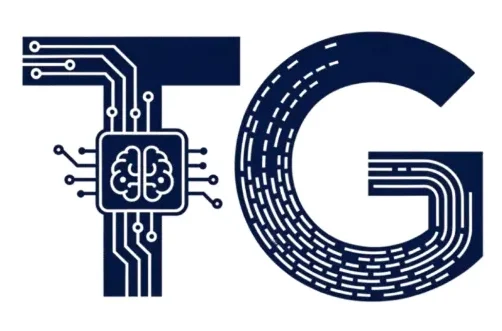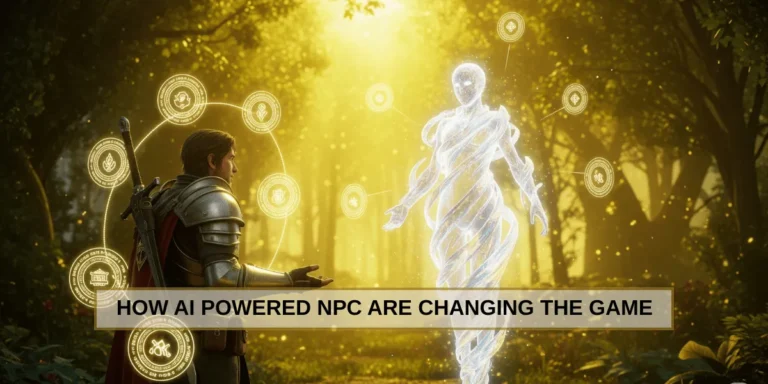Non-playable characters (NPCs) have always been the heart of story driven games. From villagers in Zelda to companions in Mass Effect, they help build worlds, deliver quests, and shape narratives. But in 2025 a new revolution is underway. AI NPCs are rewriting the rules of interaction, emotion, and immersion in video games.
Thanks to advancements in natural language processing, machine learning, and generative AI models. NPCs can now engage in real time conversations, remember past interactions, and even respond emotionally. I believe that will make gaming worlds more enjoyable.
Table of Contents
What Are AI NPCs?
AI NPCs are non player characters enhanced by artificial intelligence. Instead of using pre-scripted dialogue trees, they rely on large language models (LLMs) like GPT4, NVIDIA ACE, or custom built game engines to generate responses dynamically based on player input.
These AI systems allow characters to:
- Understand natural language (typed or spoken)
- Generate unscripted but coherent replies
- Store player interactions in memory
- Adapt behaviour over time
How AI NPCs Are Changing Gameplay
1. Dynamic Dialogues Replace Scripted Trees
Traditional NPCs use limited dialogue options with branching scripts. AI NPCs can talk freely and contextually. You ask a question and they respond intelligently. Sometimes responces will be with depth or humour.
Example: In the upcoming S.T.A.L.K.E.R. 2: Heart of Chornobyl, leaked demos show NPCs reacting to player decisions without pre-defined outcomes.
2. Persistent Memory = Emotional Investment
Imagine a character who remembers that you saved their sister five hours ago or holds a grudge because you insulted them. With memory augmented models, AI NPCs can evolve their relationships with the player.
Games experimenting with this:
- Inworld AI demo projects
- Ubisoft’s Neo NPCs concept
- Modded versions of Skyrim and GTA V using AI memory
3. Voice & Facial Animation On the Fly
With tools like NVIDIA ACE (Avatar Cloud Engine), NPCs can generate spoken responses with lip syncing and expressions in real time. This enhances immersion, especially in VR or cinematic RPGs.
4. Infinite Replayability
AI NPCs make every conversation unique. No two players will get the same experience, making replay value skyrocket. Imagine negotiating peace instead of fighting, or persuading a thief to change careers.
Benefits for Game Developers
- Fewer scripts to write manually
- Quicker prototyping for indie studios
- Personalized player experiences without massive budgets
- Ability to test “what if” scenarios quickly
Challenges and Ethical Questions
- Bias & Safety: AI models can produce inappropriate or unpredictable responses.
- Moderation: Online games with AI NPCs might require real time monitoring.
- Design Control: Letting AI go off script might conflict with core narratives.
Studios are now blending AI plus traditional scripting for control and creativity.
What the Future Holds
AI NPCs are still evolving, but the trend is clear. Story driven games are moving from pre-written narratives to emergent experiences. The next few years will likely bring:
- AI companions that grow with the player
- Player authored quests via conversation
- Emotional realism that matches human behaviour
Final Thoughts
AI NPCs are changing not just how we play games but how we feel while playing them. As technology matures, storytelling in games will become less about what the developer wants you to hear and more about what you choose to explore.
The next great RPG might not be written. It might be lived.

